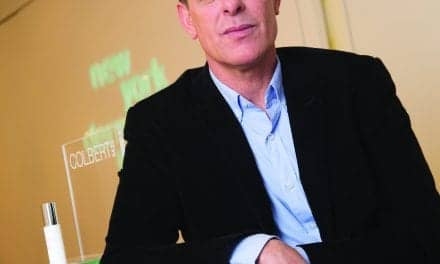One of the current challenges for plastic surgeons is that they do not have guidelines for facial reconstruction procedures that take into account different ethnicities and age groups. This means that function can be restored to faces, but their features may not look natural in comparison to a healthy person of the same age and ethnicity.
Now a team of researchers from Imperial College London and the Royal Free Hospital are asking visitors to the Science Museum to volunteer to have their faces scanned. The aim is to build up a database of 3D computer models of faces with different expressions, of different ethnicities and spanning different age groups.
Ultimately, these models could be used as templates for plastic surgeons, to enable them to build faces that are both functional and more natural looking for the patient. The team also believe their technology could have a range of other applications – from improving our understanding of human evolution, to enhancing lie detection methods and even helping children with autism.
This project first began in 2012 in conjunction with Great Ormond Street Hospital (under the supervision of Mr. David Dunaway), where 12,000 volunteers had their faces scanned at the Science Museum to develop 3D models with a neutral expression, across a range of different ages and ethnicities.


